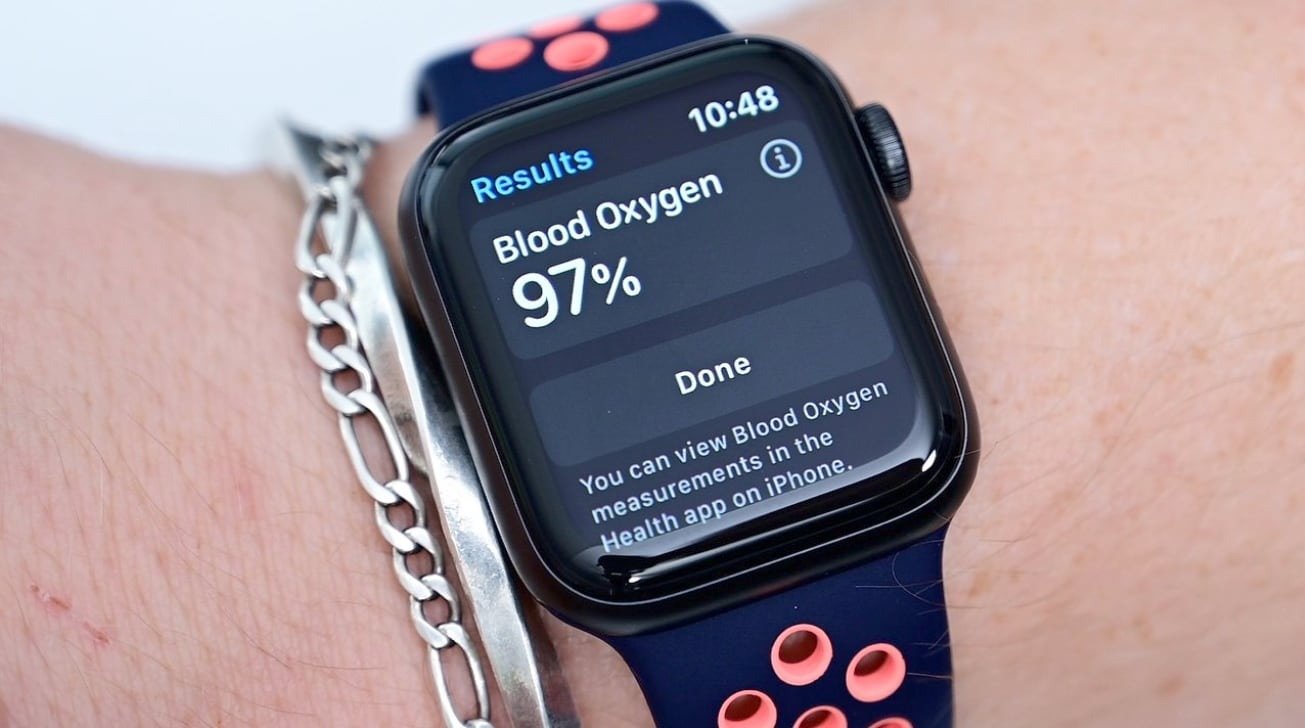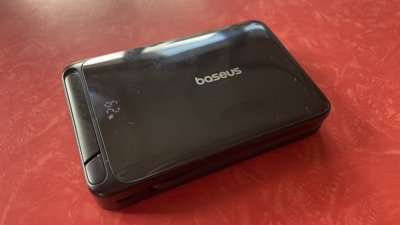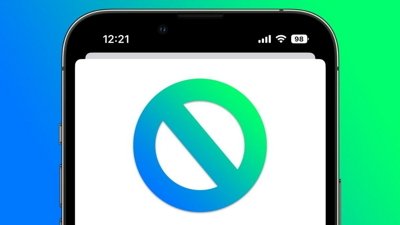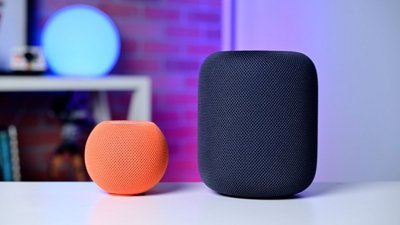An attempted class-action lawsuit claiming the Apple Watch blood oxygen sensor is racially biased against dark skin tones was dismissed with prejudice on Monday.
In December 2022, a proposed class action lawsuit was filed by Alex Morales after buying an Apple Watch, one that made claims that the device was "less accurate in measuring blood oxygen levels based on skin color," and that therefore there was a "racial bias."
On Monday, U.S. District Judge Jed Rakoff in Manhattan dismissed the class action with prejudice, reports Reuters, which effectively means the lawsuit cannot be attempted again. Reasoning for the dismissal will be issued by the court by August 31.
The original lawsuit leaned on the decades of reports that blood oxygen sensors like those employed by the Apple Watch were sensitive to skin tones. The suit also pointed to claims by researchers that "confirmed the clinical significance of racial bias of pulse oximetry using records of patients taken during and before the pandemic."
It was therefore reasoned in the suit that "reliance on pulse oximetry to triage patients and adjust supplemental oxygen levels may place Black patients at increased risk for hypoxemia."
In an amendment filed in May, the suit added citations for reports of similar pulse oximetry devices over the last few decades, which said the sensors were "significantly less accurate" for measuring non-white people's pulses.
Morales added that the impact of the bias wasn't addressed until the "greater awareness of structural racism" in society was raised during the pandemic.
The suit also made accusations of breaches of express warranty, fraud, and unjust enrichment, claiming violations of New York General Business Law and State Consumer Fraud Acts.
Apple argued that Morales didn't make allegations supporting the fraud claim, nor did he demonstrate that he was exposed to misleading information before his Apple Watch purchase.
Apple is well aware of complaints relating to the Apple Watch's heart sensor performance when it comes to pigments in the skin, confirming it to be a problem in May 2015 for people who got black wrist tattoos.
 Malcolm Owen
Malcolm Owen







-m.jpg)






 Christine McKee
Christine McKee
 Wesley Hilliard
Wesley Hilliard
 Thomas Sibilly
Thomas Sibilly
 Marko Zivkovic
Marko Zivkovic
 Andrew O'Hara
Andrew O'Hara
 Amber Neely
Amber Neely
 William Gallagher
William Gallagher









15 Comments
I wouldn’t rely on the Apple Watch if you have a condition that needs oxygen monitoring. You’re better off buying a portable pulse oximeter and going to your doctor’s office and comparing its accuracy to your doctors WIRED meter that connects to a portable unit the nurses use.
If I remember correctly, trying to use a pulse oximeter on people with tattoos on their fingers or wrist also gave wrong readings. These devices use light so anything restricting the light will cause potentially wrong readings. I could see people with very fair skin also getting higher readings than “average” pigmented skin. Calling it a racial bias is incorrect since African Americans have skin pigmentation from very light to very dark. If they wan to use pigmentation color that’s fine. Maybe Apple could find a way to measure skin pigmentation and adjust either the intensity of the Watch light or the results to come up with a cluster result but I doubt the units hospitals and doctors offices have this capability. They’re looking for a range not a specific value.